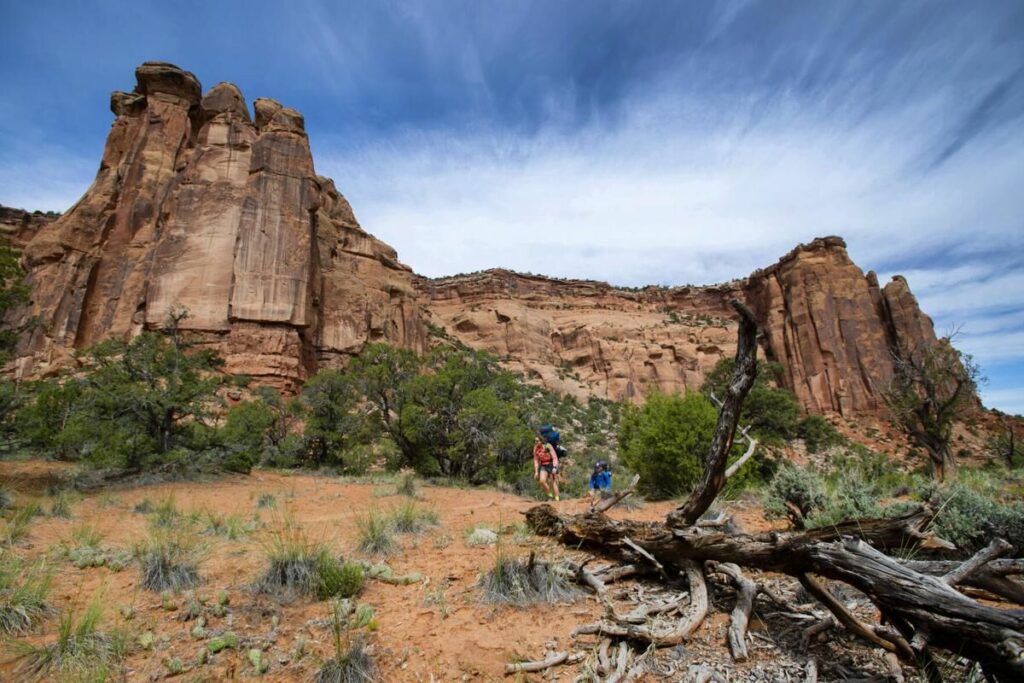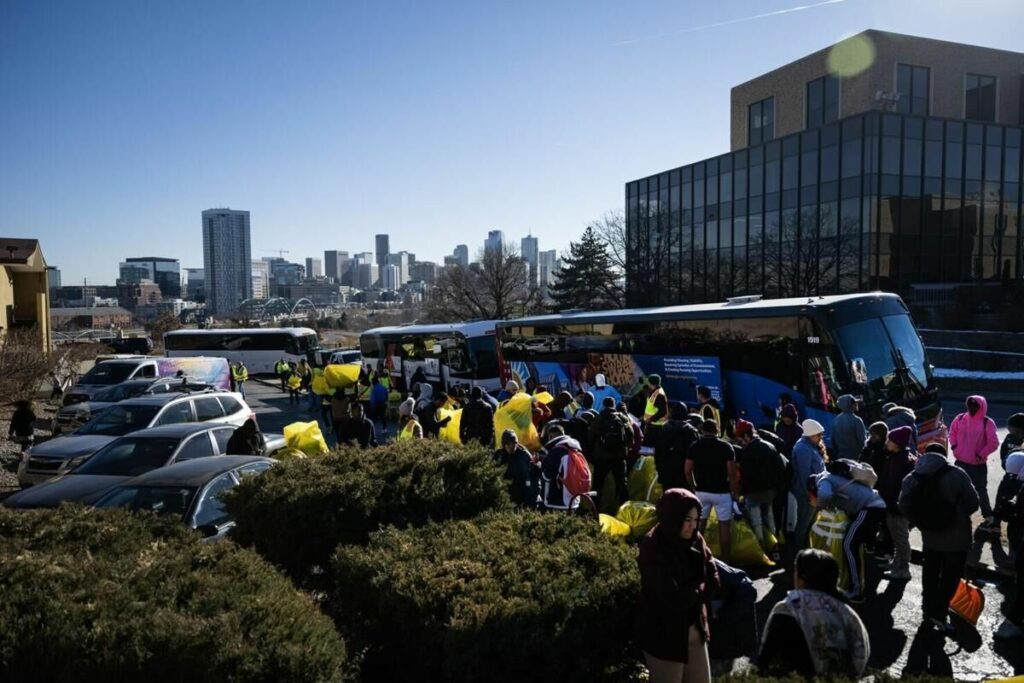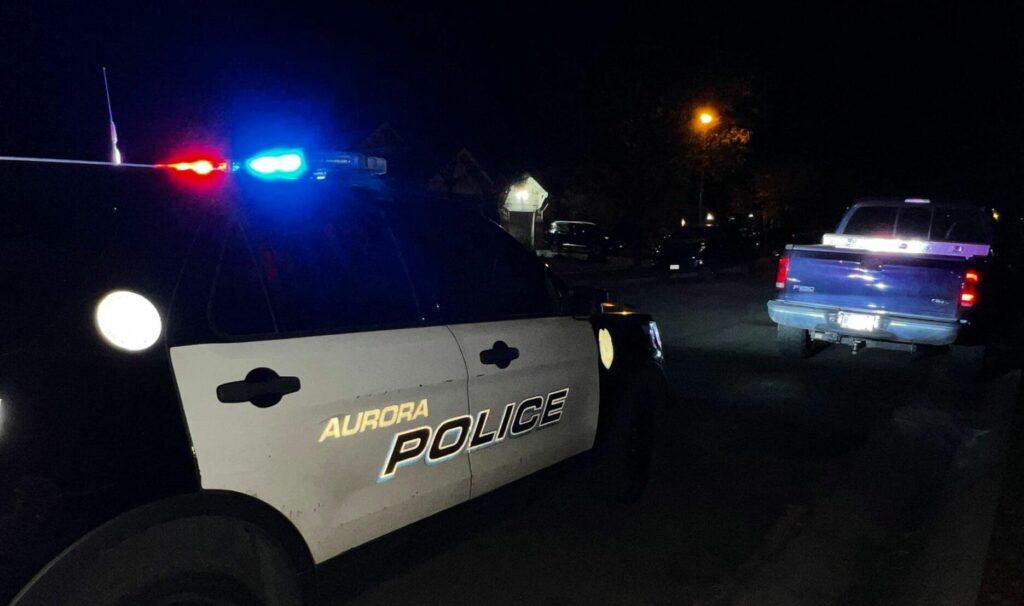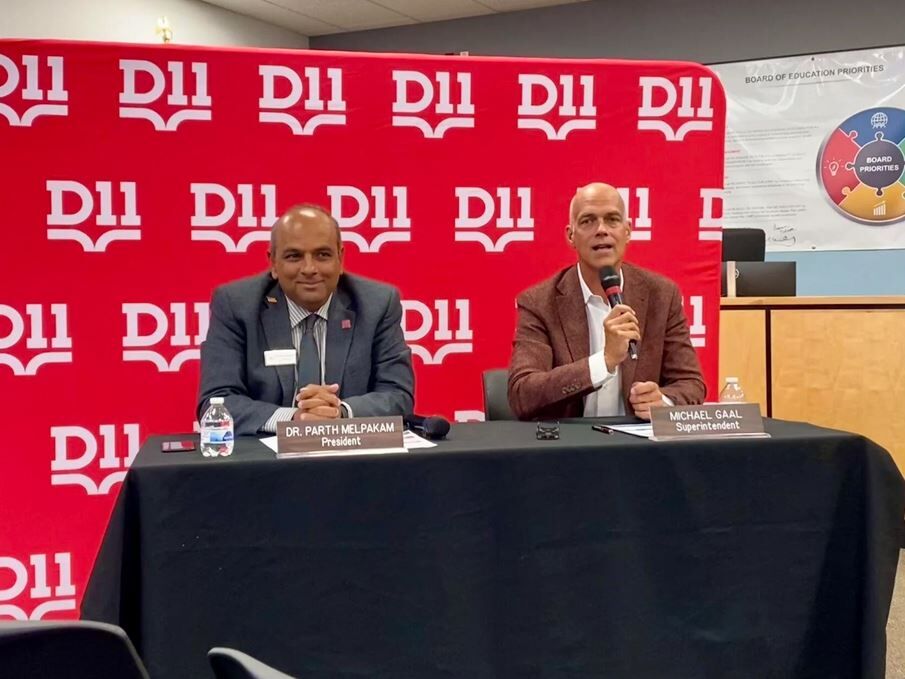Trust the experts, we aren’t ready for wolves | Colorado Springs Gazette
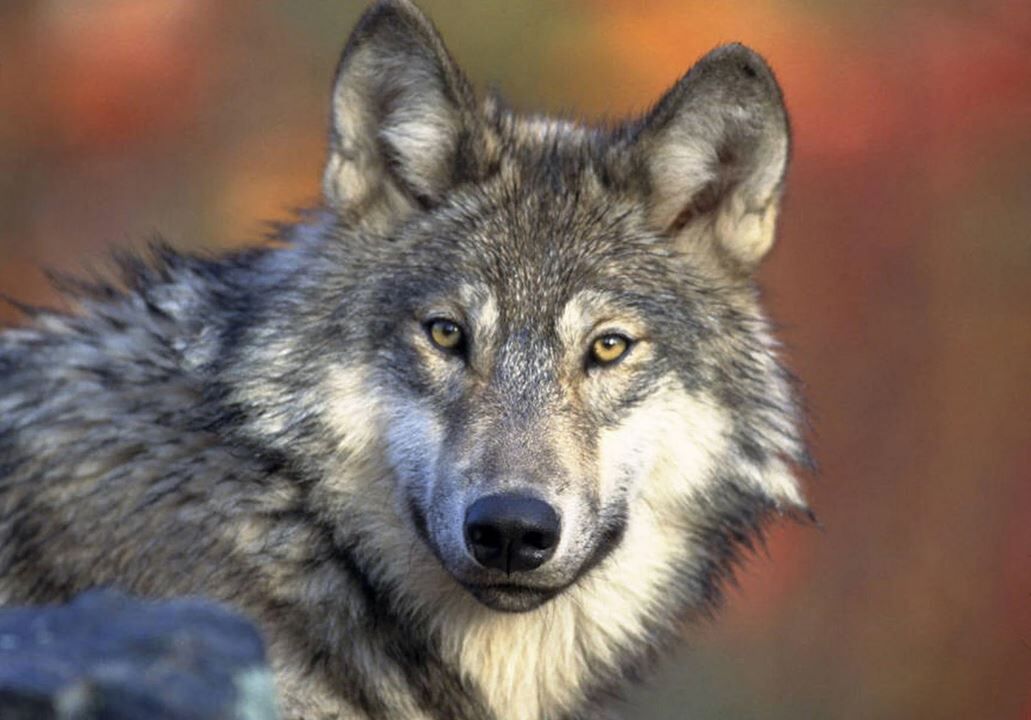
Two famous pigs underestimated a wolf. He was of nature, incapable of humanoid male toxicity. Such a lovely creature would do no harm – so they thought.
The wolf demolished their lives before the Welcome Wagon arrived. The pigs were not prepared for a wolf, which takes strategy, effort, investment and sacrifice. It means, don’t let the dog outside alone. Don’t have open-range chickens. Guard the livestock.
A third pig knew wolves were strong, smart, predatory, dangerous and commanding of respect. He invested time and money to build with bricks. He sacrificed play so he could build. He would live near a wolf, but with respect for the creature’s genetic traits – not those imagined by two substandard pigs. The two lived in peace.
By the end of the year, wolves could blow up the lives of rural Coloradans. Unlike the pigs, they did not willfully move into active wolf habitat. Urban Coloradans, mostly transplants from other states, invited wolves to live west of the Front Range. They passed Proposition 114 in 2020. They provided no bricks.
The wolves won’t blow down houses, but they will kill dogs, cats, cattle, bison, deer, elk and other beings we treasure as pets, investments or animals to observe and/or hunt. If wolves mostly ate the Preble’s mouse, we would banish them. Yet, too many city voters don’t know or care about agricultural husbandry and rural lifestyles. Food comes from Safeway.
Just as they demanded wolves, voters could require palm trees on Mount Blue Sky. There, the trees would die. That’s what worries wolf experts as they look to Colorado’s reintroduction plan.
Real wolf experts – the people who work full time to keep them alive and reproducing – don’t think our state provides a wolf-friendly environment. Given our rapid growth, and urban gentrification of the Western Slope, they probably have a point.
Stay up to speed: Sign-up for daily opinion in your inbox Monday-Friday
Critics say Colorado’s plan creates an incentive to hunt wolves. Leave dead livestock on the ground to attract wolves + kill wolves + claim they attacked livestock = state compensation check.
“The proposed plan allows for wolves to be killed frequently and would let the state remove protections before a sustainable population is established,” explains the Center for Biological Diversity in a Dec. 9 article.
A June 28 article in E-The Environmental Magazine also blasts Colorado’s reintroduction as dangerous to wolves.
“Hunters and ranchers are already planning the hunting season (for wolves), and the excuses to justify it. Is Colorado just bringing back wolves to be hunted?” the Environmental asks.
Other states oppose the plan so vigorously they refuse to share wolves with Colorado.
“Wyoming is opposed to sending Wyoming wolves to Colorado because we carefully and scientifically manage our wolf population,” Wyoming Gov. Mark Gordon said in May. His letter expresses concern about wolves returning to Wyoming across inhospitable habitat.
Just like Wyoming, Idaho refuses to release wolves to Colorado.
“Idaho’s experience leads us to conclude that negative impacts of wolves sent to Colorado will not stay in Colorado,” explains a letter to Colorado officials from the Idaho Department of Fish and Wildlife.
“Idaho has paid an enormous price to have wolves on the landscape. There are actual costs associated with monitoring, managing, and controlling wolves; costs associated with depredation compensation and prevention; and costs associated with never-ending litigation related to wolf management.”
That leaves Oregon, Washington and Idaho’s Nez Perce Tribe for potential wolf donations. Our Dec. 31 deadline should mean nothing to them, legally or ethically. The wolves depend on them to make smart decisions.
All three should do Colorado and wolves a favor and follow the principles of Idaho and Wyoming. As these wolf-reintroduction states respectfully explain – and as we confirm – Colorado is not ready.
Colorado Springs Gazette Editorial Board



